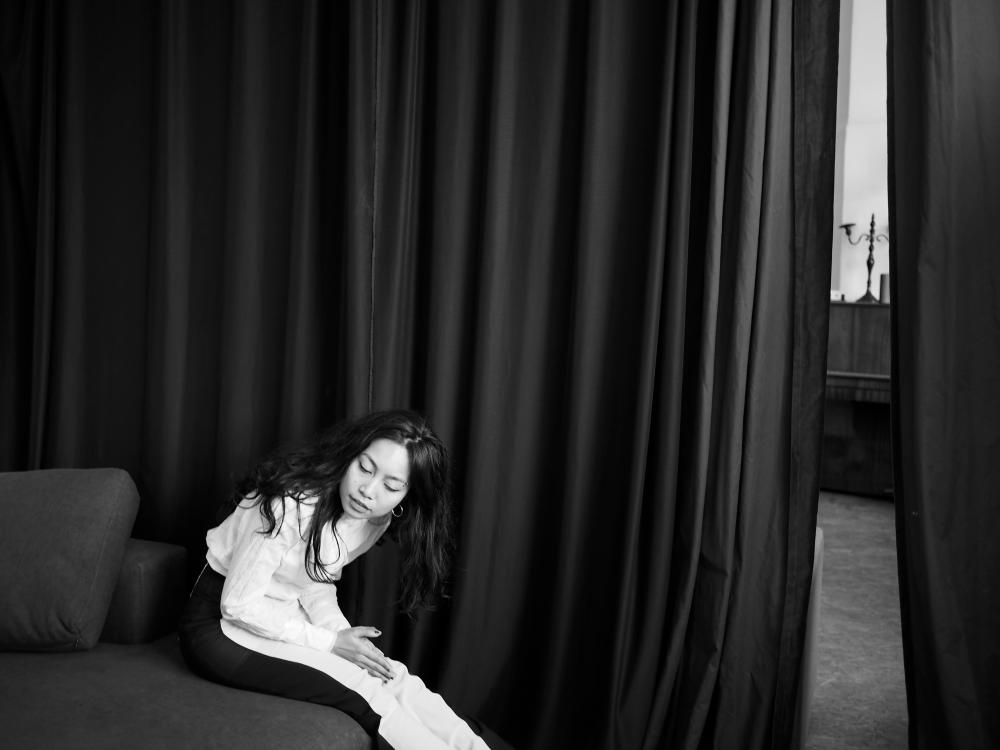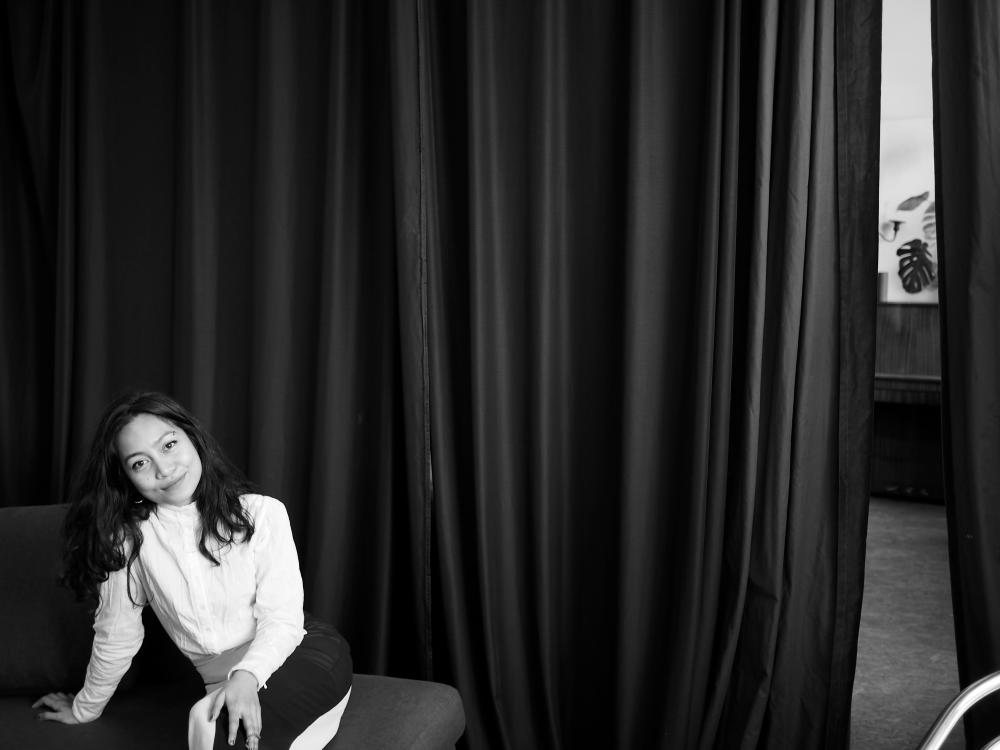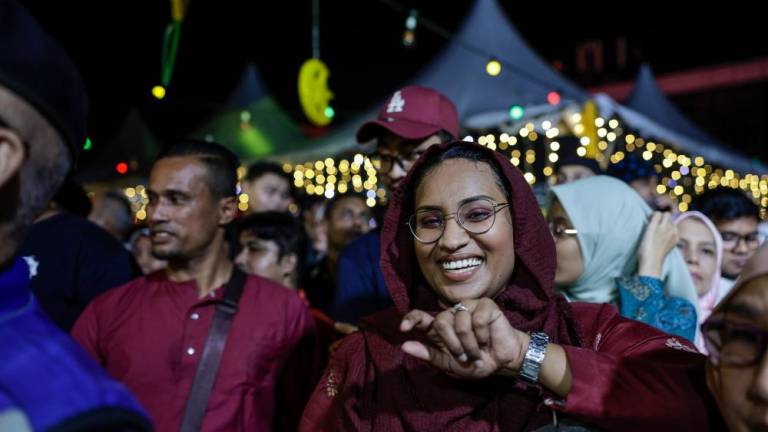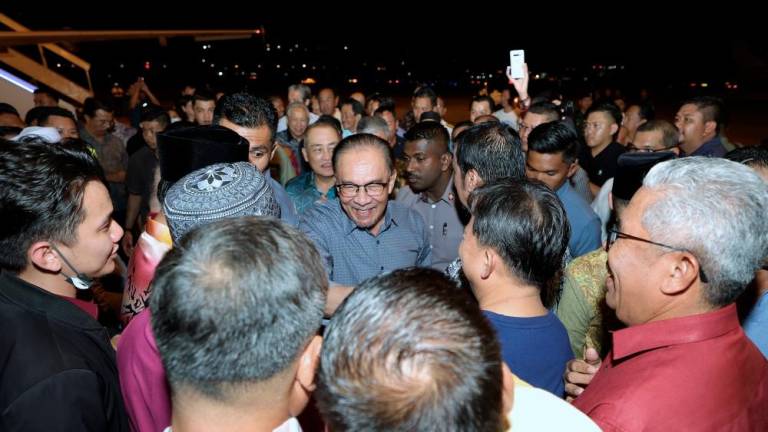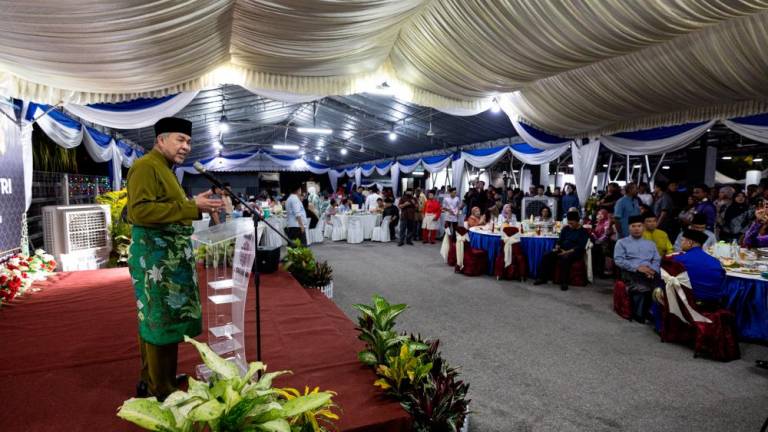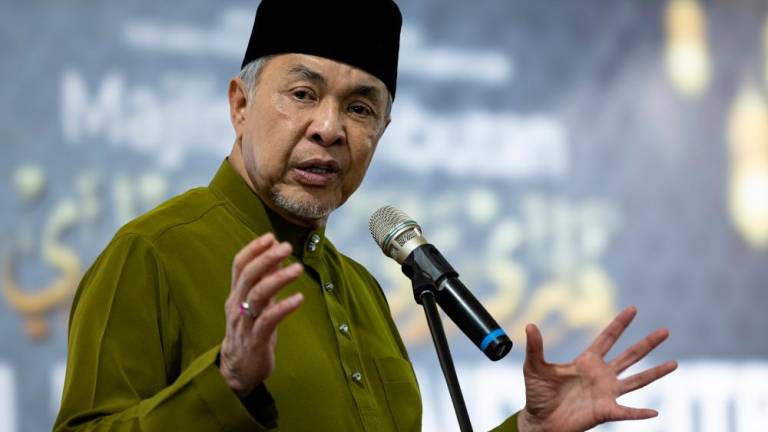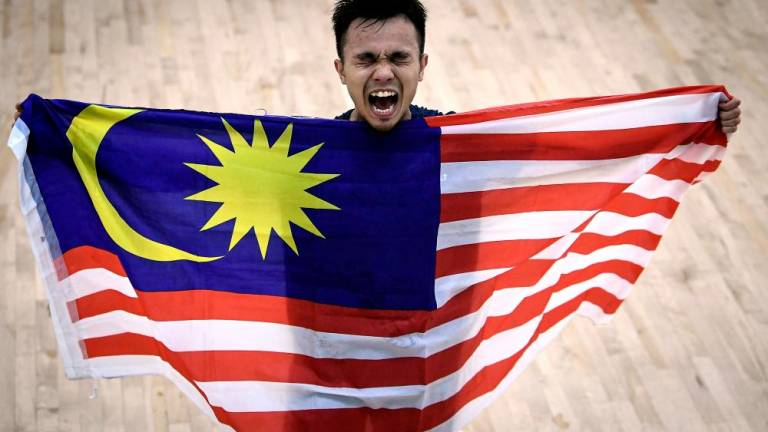With her track record of teaching in countries ranging from Malaysia to Germany, and from Senegal to China, one can easily tell that Illya Sumanto is an adventurer and free-spirit at heart, as she spreads the art of the spoken word wherever her profession takes her.
As an English language and performance art educator, Illya shares what the spoken word really is about: “It’s poetry being spoken out loud, with the idea in mind that you’ve got an audience and a platform, so you better say something meaningful and important.”
In April 2020, she founded Empathy for Youth, which holds empathy training classes to change the discourse of an emotionally-suppressed society, with the goal of helping children and teenagers understand and resolve inner and outer conflicts through a therapeutic teaching methodology.
With her students extending beyond Malaysian shores to as far as Washington DC, Puerto Rico and Dakar, Illya has formed a network through cross-border e-learning via Zoom, by teaching them not just emotional literacy but also the power of the spoken word, role-playing and storytelling.
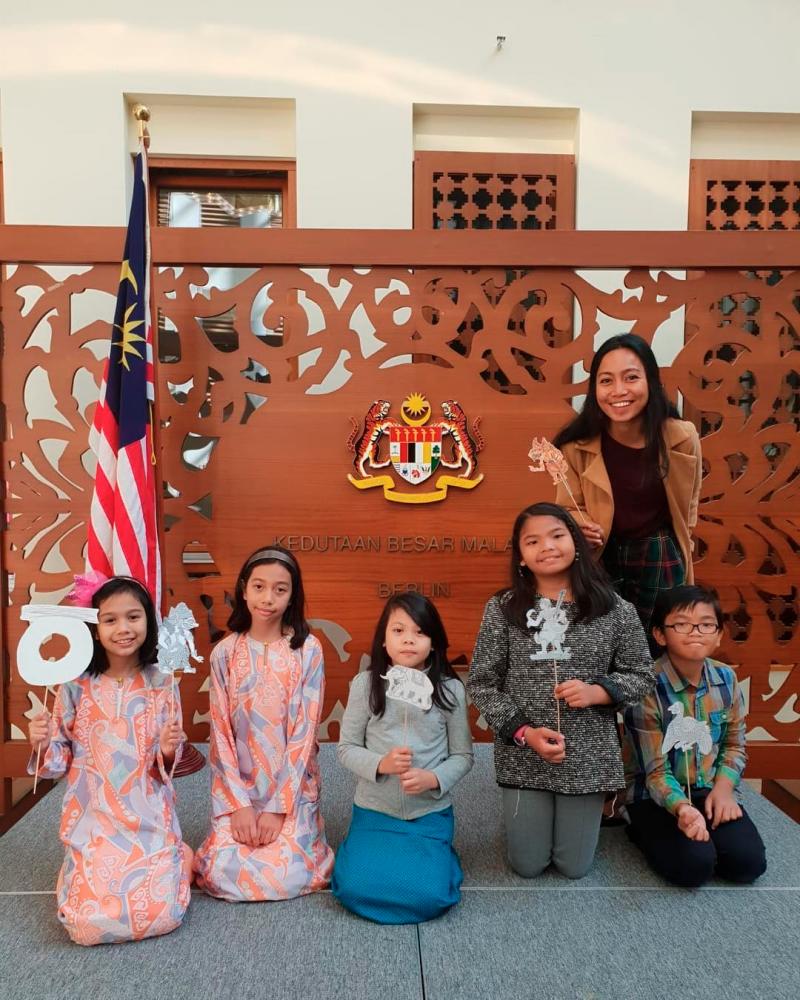
How did Empathy for Youth come to be?
“I returned to Malaysia from China during Chinese New Year, and haven’t been able to go back to my job ever since the borders were closed; because of that, I practically lost my job.
“I needed to do something to sustain myself, but I had doubts about teaching online. It was a pretty stressful period – waking up every day and dealing with emotions, talking about emotions while also reading quite a lot about it.
“In a way, it’s also an echo from the Master’s thesis I did at the University of Malaya, and that is how I decided to start Empathy for Youth.”
What are some of the influences that have informed your desire to champion the educational and emotional literacy of the youth?
“Being from an Asian family – or at least how I was brought up – we never talk about emotions. It’s hard for us to state what we want. In fact, we’re trained not to speak against adults.
“Most people I’ve spoken to have been traumatised by adults around them growing up, including teachers, parents and relatives constantly judging and blaming them; so all these have contributed to how we behave later in life, in relationship with our partners or at work with our superiors.
“Wouldn’t it be nice if we can just tell people how we feel and what we need, rather than suppressing and eating away our emotions until we become stressed out and depressed? It’s a toxic environment when it comes to cultivating a healthy and communicative bond with friends and family.”
What does it mean to empathise?
“Empathy in the simplest terms means the ability to put oneself into another person’s shoes. Empathy can also be perceived in the cognitive sense, whereby you can decide what do you want to take in.
“There have been a lot of debates about empathy being toxic. If you’re too empathetic, you absorb the pain and suffering of others until you yourself become tired and experience emotional fatigue.
“I also believe in self-empathy just as we take on different roles and identities in our everyday life; as a daughter, teacher, mother and so on. With different roles, you have the inner voices that instinctively inform you of different things in every moment.
“One important key to empathy is perspective-taking – it’s how you learn to imagine yourself as someone else and consider the factors of the person’s upbringing. You can empathise with someone but not necessarily agree with them.”
What is your pedagogy to guide the students to essentially learn how to empathise with themselves, and in turn, others?
“First, we deal with intrapersonal knowledge, which is the skill to understand yourself and reflect upon yourself, including making sense of what you like and dislike, what makes you happy or angry, and where is the source of your conflicts.
“The second part of the module deals with interpersonal knowledge, which is the social skill that allows you to empathise with others and have the clarity and compassion to communicate better.
“In most cases, you can’t possibly practice empathy on other people, hence, it’s important to self-empathise first before anything else, to essentially recognise, understand and process your feelings before opening yourself up.
“In fact, I don’t mention or introduce the word empathy until several classes later to my younger students, because it wouldn’t make sense to them. When I was a child, I was forced into empathy, rather than learning it myself or having it slowly introduced to me.
“Being a teacher, I’ve come to observe my students’ behaviour. On top of being in a competitive environment, be it in education or life in general, most of the children have been ingrained with the “me-first” mindset, and it’s also not helping with the presence of social media. So, how do you teach children with these pre-informed narcissistic ideals to have empathy?”
What motivates you?
“My drive to go forward, apart from wanting the youth to have healthy psychological freedom, especially as our multicultural landscape and religious society is in a dire need of empathy. With empathy, racial crises that have long existed wouldn’t have been as toxic.”
